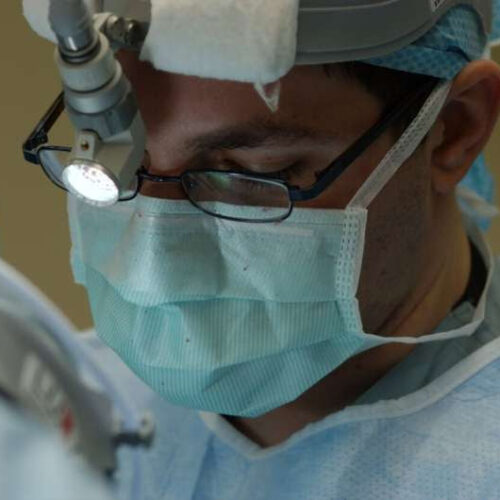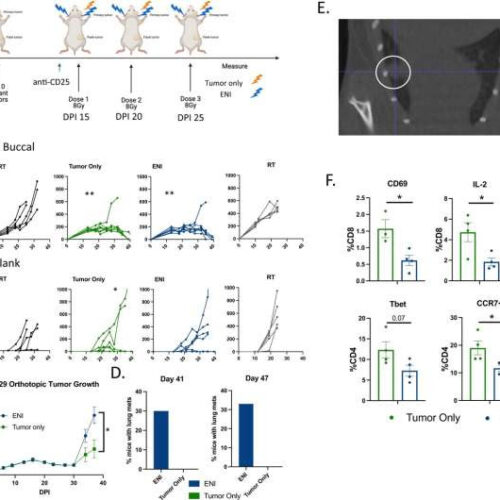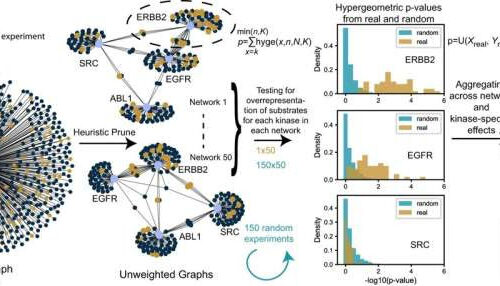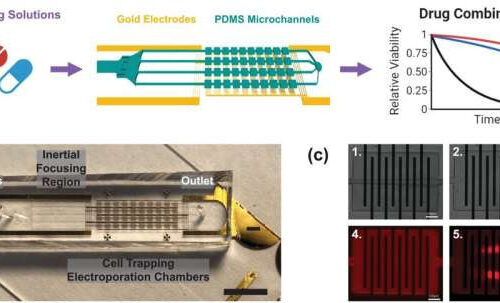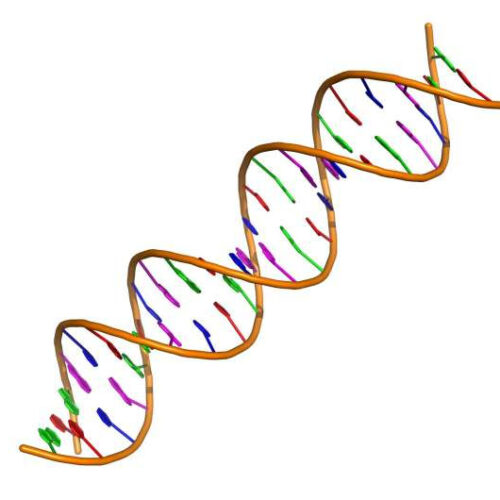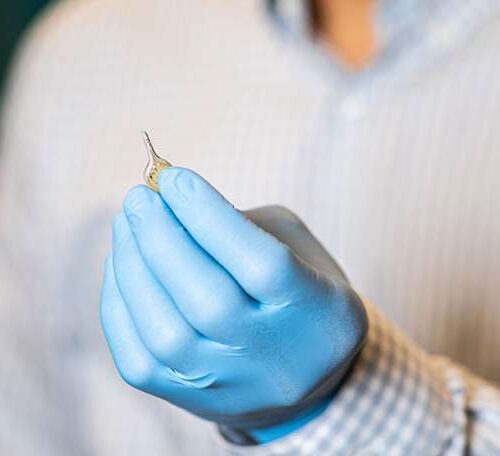PUBLISHED SAT, FEB 11 202310:00 AM EST Ashley Capoot@ASHLEYCAPOOTSHARE Radioligand therapy, a targeted form of cancer treatment, is only viable for a few days after it’s manufactured. One pharmaceutical company is racing against the clock to deliver it to patients in time. Novartis manufacturing associate checking punches at compressing machine. Source: Novartis In 2010, a...
Tag: <span>Cancer Treatment</span>
Scientists make breakthrough for ‘next generation’ cancer treatment
by University of East Anglia Credit: Unsplash/CC0 Public Domain Scientists at the University of East Anglia are a step closer to creating a new generation of light-activated cancer treatments. The futuristic-sounding treatment would work by switching on LED lights embedded close to a tumor, which would then activate biotherapeutic drugs. These new treatments would be...
‘METABOLIC SWITCH’ MAY PAVE WAY FOR OBESITY, CANCER TREATMENTS
The find could lead to more effective treatments for childhood obesity and cancer. While the research was in fruit fly larvae, being able to speed up or slow down lipid metabolism could have significant implications for human health, says Hua Bai, an associate professor of genetics, development and cell biology at Iowa State University. “We’ve identified what’s...
Selective nodal radiation may be a more effective approach in cancer treatment
by CU Anschutz Medical Campus ENI ablates the immune response to combined radiation and immunotherapy. A Schematic of the experimental design for gross tumor irradiation with or without elective nodal irradiation (ENI). Mice were implanted both in the buccal and in the flank on day 0 post-implantation (DPI). Stereotactic body irradiation (SBRT) was given when...
Researchers develop an algorithm to improve cancer treatment
by Josh Barney, University of Virginia Overview of KSTAR algorithm. First, we heuristically prune dense and highly overlapping weighted kinase-substrate prediction graphs from NetworKIN into many sparse, binary graphs. Statistical enrichment is calculated for an experiment that has a defined set of phosphorylation sites for every kinase across all networks using a hypergeometric distribution. We...
Possible new cancer treatment target discovered
by University of Gothenburg Chandrasekhar Kanduri and Meena Kanduri, Institute of Biomedicine, Sahlgrenska Academy at the University of Gothenburg. Credit: Elin Lindström Researchers at the University of Gothenburg have identified a previously unknown mechanism controlling tumor growth in cultured cells and mice. This discovery may potentially enable future development of new drugs against a range...
A new microfluidic system could keep tabs on cancer treatment
by Catherine Graham, Johns Hopkins University Overview of workflow for assessing drug response from cancer cells. (a) Schematic workflow for directly assaying diseased cells from patient liquid biopsy samples for subsequent drug combination screening. Cell-trapping PDMS microfluidic chambers (turquoise) and Au electrode arrays (gold) of the assembled device allow cell purification from blood and subsequent...
Ageing drugs could prevent some side effects of cancer treatment
The most common and the most effective (for now) cancer treatments – chemotherapy and radiotherapy – are also quite toxic. They damage healthy cells as well as cancer cells and cause tremendous side effects. Now a new study at the Newcastle University found that a one-off simple treatment could potentially prevent devastating consequences of cancer...
Identifying DNA repair genes holds promise for improving cancer treatment
by University of Birmingham A double stranded DNA fragment. Credit: Vcpmartin/Wikimedia/ CC BY-SA 4.0 A new way in which cancer cells can repair DNA damage has been discovered by researchers at the University of Birmingham. These new findings shed new light on how cancer cells react to chemotherapy and radiotherapy, and also uncover a new...
Wireless device to provide new options for colorectal cancer treatment
by Rachel Rose, Texas A&M University The small device is designed to enable more individualized application of light dosing and photodynamic therapy. Credit: Justin Baetge/Texas A&M Engineering For those diagnosed with colorectal cancer, surgery has been the only option that offers a solution. Unfortunately, surgery is frequently complicated by disease recurrence at the site of...


